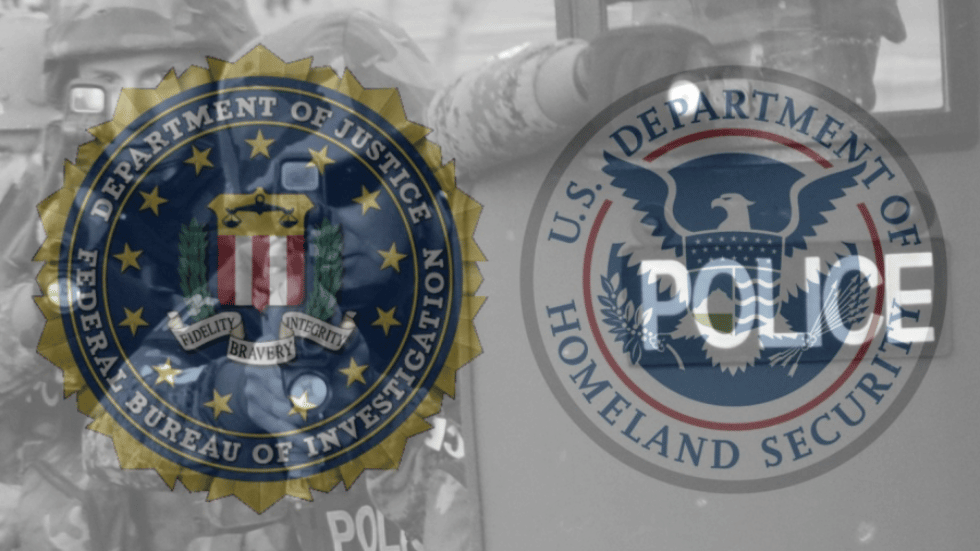US lawmakers have passed a sweeping domestic terrorism bill that will create several new law enforcement units and establish a task force to seek out white supremacists and neo-Nazis within the armed services and federal police agencies.
The Domestic Terrorism Prevention Act of 2022 narrowly passed in a 222-203 vote on Wednesday, largely along party lines, with Illinois Representative Adam Kinzinger the sole Republican to vote yes on the measure.
In addition to creating new anti-terrorism offices under the Department of Homeland Security and the DOJ, the legislation also instructs the FBI to assign more prosecutors to target hate crimes and domestic terror. A separate interagency task force will “analyze and combat white supremacist and neo-Nazi infiltration of the uniformed services and federal law enforcement agencies,” and will be required to submit reports to senior officials and lawmakers every six months.
The bill’s sponsor, Democratic Rep. Brad Schneider, said the legislation was needed following a racially motivated mass shooting in Buffalo last weekend that left 10 dead, arguing that “violent extremism is a serious threat to Americans across the country.” Schneider, who has introduced similar legislation several times since 2020, nonetheless acknowledged “I can’t say this law would have stopped what happened” in New York.
Republican opposition to the bill was largely centered on fears that parents opposed to public school Covid-19 mandates could be labeled as domestic terrorists, some pointing to a DOJ memo issued last year which called on federal police to investigate a “spike in harassment, intimidation, and threats of violence” at school board meetings. The order followed a string of heated confrontations between parents and school officials over Covid restrictions, and recently prompted the Texas state government to sue the Joe Biden administration for “silencing parents” and “labeling them ‘terrorists.’”
GOP opponents were joined by some progressive Democrats in the lead-up to the vote, led by Missouri Rep. Cori Bush, who said the legislation could result in increased federal surveillance on minorities and activists and cited concerns raised by the ACLU and other civil rights orgs. Amendments to the bill ultimately satisfied the skeptics, however, with no Democrats voting against the measure on Wednesday.
Senate Majority Leader Chuck Schumer said the upper chamber would take up the bill next week, though it’s not yet clear if it will overcome Republican objections.






























